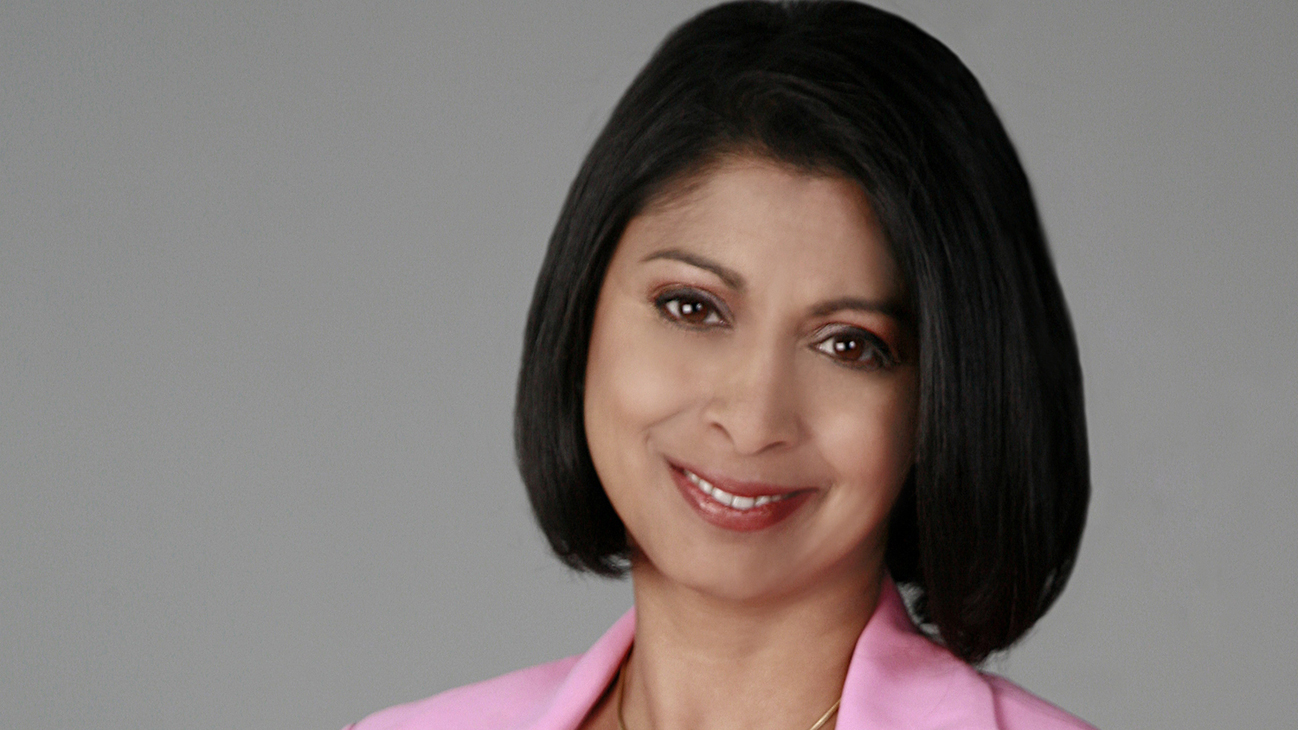The world we live in is morphing into a new one as we speak—that’s a scary prospect for many, but after a presentation by economist and trends expert Linda Nazareth, you will feel like you have a handle on the future. The Senior Fellow for Economics and Population Change at policy think-tank The Macdonald-Laurier Institute, Linda is an expert in demographic and economic trends. Her talks focus on what will happen—and what you need to think about to be on the right side of change. Below, Linda writes on how to attract young females to the workforce:
Millennial women want to launch global careers but companies are missing the boat by not giving them what they want. That’s one of the most interesting points I found from reading the new study by consulting firm PwC on talent pool of Millennial women, published just in time for International Women’s Day.
PwC surveyed 3,900 professional, millennial-aged men and women across 23 countries for their study The Female Millennial (everyone has slightly different boundaries for this, but PwC defines Millennials as those born between 1980 and 1995, so as a group they are now aged between their early 20s and mid-30s). Some defining characteristics of Millennial women emerged. As a group they are well-educated, and as well more confident than any generation before them. Like their male counterparts, they thrive on feedback and, despite their technological competence, want it face-to-face. They want evolved workplaces and they want work-life balance – but they also want global careers and the chance to work overseas. In fact, 71 percent of the surveyed Millennial women expressed a desire to work abroad at some stage in their careers. As PWc puts it, ‘female demand for global mobility has quite simply never been higher’.
So good to know right? After all, female millennials are a large and increasingly well-educated share of new talent, so it would only be good business to attract the best and the brightest of that group. If they want to work overseas, surely it would make sense to give them that opportunity. Unfortunately, the majority of companies seem not to be connecting the dots on that one. At the moment, 80 percent of international assignments are held by men, and only 20 percent by women. Women are glum about their prospects to do more . Only 56 percent of the surveyed women believed that they had equal opportunities to undertake international assignments, and only 77 percent of men thought that women had the same opportunities that they did on that score.
So what’s the problem? PwC calls it an ‘outdated view’ that say it is easier to move men than women. That boils down to the belief that women’s careers are usually the secondary ones so women who are part of couples in particular would be reluctant to move. For the professional women surveyed by PwC who were part of a couple, that would seem not to be the case. Of that group of Millennials, 42 percent earned a salary equal to their partner, and almost one quarter (24 percent) earned more. That means that just one third of the women surveyed earned less than their partner.
That the earnings power of professional women compared to men is so high internationally should not be a surprise. After all, we know that for years women have been increasing their educational attainment relative to men. That women in professional jobs who work full time are earning as much as their partners only makes sense. PwC did not go as far as asking young men whether they would be willing to relocate for their partner, but at the very least it apparently makes economic sense in many cases.
Global careers are not for everyone, but apparently they are something Millennial women want to at least consider. If companies want to attract and retain the best talent, perhaps it is time for them to consider giving them women what they want.

